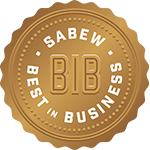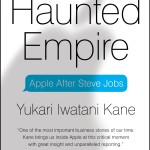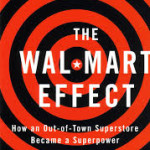Beat Reporting Winner
“Duke Energy and Nuclear Power in Florida,” by Ivan Penn, Tampa Bay Times
Breaking News Winner
“Bangladesh,” by Jim Yardley, Julfikar Ali Manik, and Steven Greenhouse, The New York Times
Commentary Winner
“Commentary by Peter Goodman,” by Peter Goodman, The Huffington Post
Explanatory Winner
“Assets of the Ayatollah,” by Steve Stecklow, Babak Dehghanpisheh, and Yeganeh Torbati, Reuters
Images/Visuals Winner
“Interactive Graphics,” by Ford Fessenden, Tom Giratikanon, Josh Keller, Archie Tse, Tim Wallace, Derek Watkins, Jeremy White, Karen Yourish, Shan Carter, Hannah Fairfield, Alicia Parlapiano, Mike Bostock, Amanda Cox, Matthew Ericson, Kevin Quealy, and Josh Williams, The New York Times
International Winner
“The Shortest Route to Riches,” by Kerry A. Dolan and Rafael Marques de Morais, Forbes
Investigative Winner
“Breathless and Burdened: Dying from Black Lung, Buried by Law and Medicine,” by Chris Hamby, Brian Ross, Matthew Mosk, Rhonda Schwartz, Chris Zubak-Skees, Ronnie Greene, and Jim Morris, The Center for Public Integrity, in partnership with ABC News
Magazines Winner
“Stranded: An iPhone Tester Caught in Apple’s Supply Chain,” by Cam Simpson, Bloomberg Businessweek
News Services Winner
“Rigging the World’s Biggest Market,” by Liam Vaughan, Gavin Finch, Bob Ivry, and Ambereen Choudhury, Bloomberg News
Large Newspapers Winner
“Five of the NSA Stories,” by Barton Gellman, Laura Poitras, Ellen Nakashima, Craig Timberg, Steven Rich, and Ashkan Soltani, The Washington Post
Small & Medium Newspapers Winner
“Deadly Delays,” by Ellen Gabler, Mark Johnson, John Fauber, Allan James Vestal, and Kristyna Wentz-Graff, Milwaukee Journal Sentinel
Online Winner
“Planet Money Makes A T-Shirt,” by Kainaz Amaria, Alex Blumberg, Brian Boyer, Jacob Goldstein, Wes Lindamood, and Joshua Davis, NPR
Personal Finance Winner
“60 Minutes: 40 Million Mistakes,” by Steve Kroft, Bill Owens, Jeff Fager, James Jacoby, Michael Karzis, and Matthew Lev, CBS News
Video/Audio Winner
“Under the Hood: The AAMCO Investigation,” by Tisha Thompson, Rick Yarborough, Jeff Piper, and Mike Goldrick, WRC-TV


